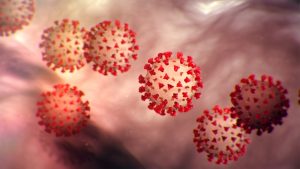Kampala, the capital city of Uganda, is estimated to have 57 slums across its 5 divisions. There is a very large population living in these slums. Many of these are adolescents (10-19 years) and youths (up to 24 years). In addition to the expected physical and geographical challenges, for instance limited access to clean water, open ditches and drainages in which people throw rubbish and general poor sanitation, there are a number of issues that specifically affect girls within these settings. These include:
- Sexual violence: Some of the girls have been defiled or raped, often getting pregnant as a result.
- There is a high number of teenage and young mothers living in these slums. Many of them dropped out of school as a result of their pregnancy. Often, the fathers of their children are also adolescents or youths, who are struggling financially. Many of these girls are single mothers because the fathers of the children have either run away or denied fathering the pregnancy. Others live with their parents, who are often not well off either and now have to look after the grandchild or children.
- Psycho-social problems: Some of the girls think that their situation is hopeless. They become desperate and have suicidal thoughts, since they see no end to their problems.
- Lack of a source of income: With many having dropped out of school or even for those with a secondary level qualification, the high rate of unemployment is keeping them in a state of poverty. The options available for making any money are usually washing clothes for other people, and having small stalls of food for sale. Often, these do not bring in a lot of money.
It is evident that these girls face multi-faceted challenges, ranging from health, to education, economic and more. Focusing on a girl’s health alone will not work while she is still at risk of sexual violence and has dropped out of school, with little opportunity to gain income generating skills. At Komaza Initiatives, we focus on holistic interventions that try to deal with the multiple challenges, but also in a way in which these girls are empowered to sustain positive outcomes on their own, as well as helping other girls in a similar situation.




